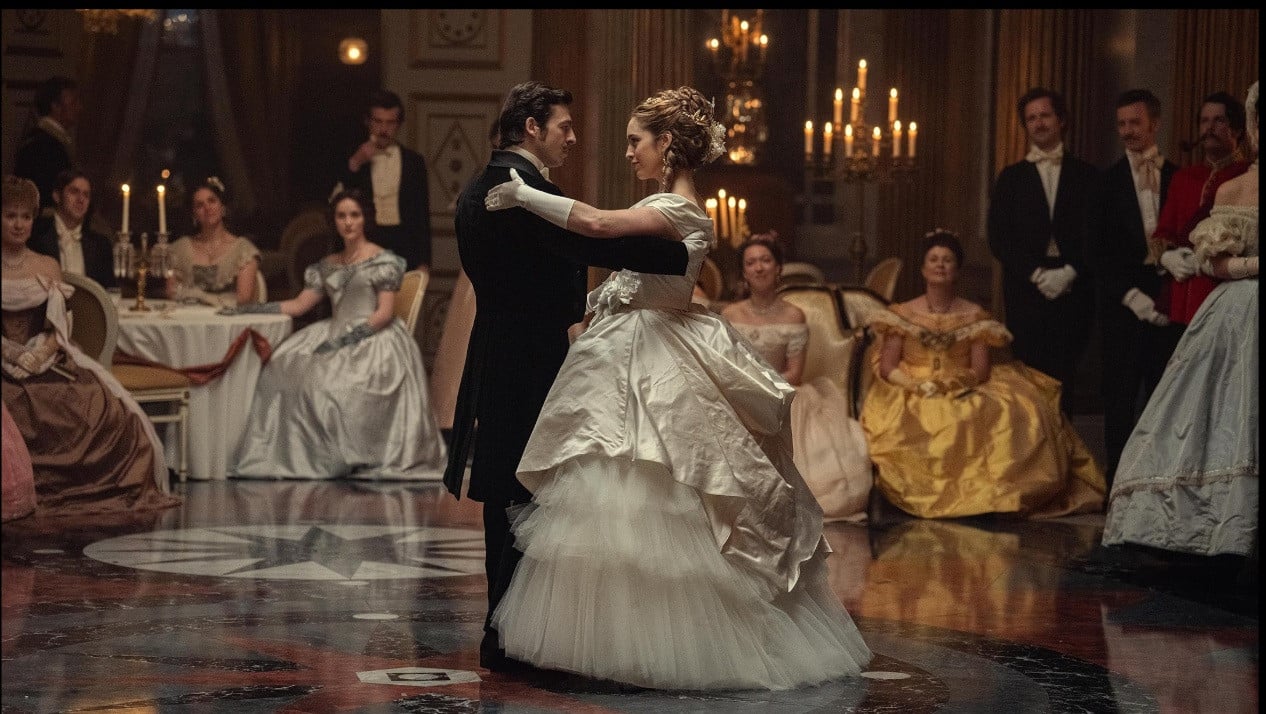When Steven Knight set out to dramatise the making of Ireland’s most famous drink, few expected him to stir such potent contradictions. House of Guinness is not just a period drama about ale and ambition — it’s a story about class, faith, and the uneasy marriage between profit and conscience.
To create a soap opera around history on streaming platforms, elements such as sensationalism, and exaggeration of historical events, provocative or low-quality production values appealing to voyeuristic tendencies, and the development of over-the-top, scandalous narratives involving conspicuous consumption, excess, and the blurring of taste and vulgarity are used often with elements of resourcefulness from lower-income communities woven in. The goal is to attract a large audience through provocative content and a style that is intentionally sensational or shocking. Some call it trashy, but audiences lap it up.
Our taste for historical series with formulaic elements that make them extremely popular has developed over years with House of Cards, Downton Abbey, Bridgerton [and it’s off-shoots], Alias Grace, and Peaky Blinders to name a few shows.
The definition of "sensational historical drama" changed over time, with older shows fitting the criteria less perfectly than newer hits. Some were based on novels and some not.
Continue Reading on The Express Tribune
This preview shows approximately 15% of the article. Read the full story on the publisher's website to support quality journalism.
